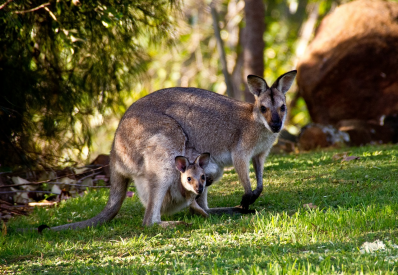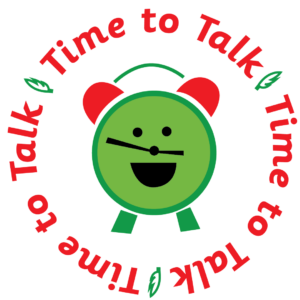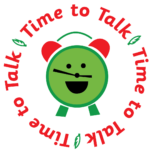Possessive Apostrophes: kangaroo
The Grammar Bit!
Read the three scintillating sentences opposite. Notice how the words in bold feature apostrophes to show possession or belonging. For example, the dream belonged to Brolga – “Brolga’s dream,” the home belonged to the baby kangaroo – “the baby kangaroo’s home” and the parents belonged to the animals – “the animal’s parents.”
With a talk partner, discuss the position of the apostrophe. Does it always remain the same? What differences are there? Does it change the meaning?
Rule
- For a singular noun, add ‘s.
- For a plural noun ending in -s, just add an apostrophe.
(Exceptions to this include pluralised nouns that don’t end in -s. e.g. men’s, children’s and women’s.)
Scintillating Sentences
1) Brolga’s dream is to build a large hospital, which will help all sorts of orphaned and injured animals.
2) The pouch found on the mother is the baby kangaroo’s home for nearly a year.
3) All of the animals’ parents had been tragically killed in road accidents.

Did you know?
Young kangaroos (joeys) will sometimes jump headfirst into their mother’s pouch when they are frightened!

 Sign in
Sign in

